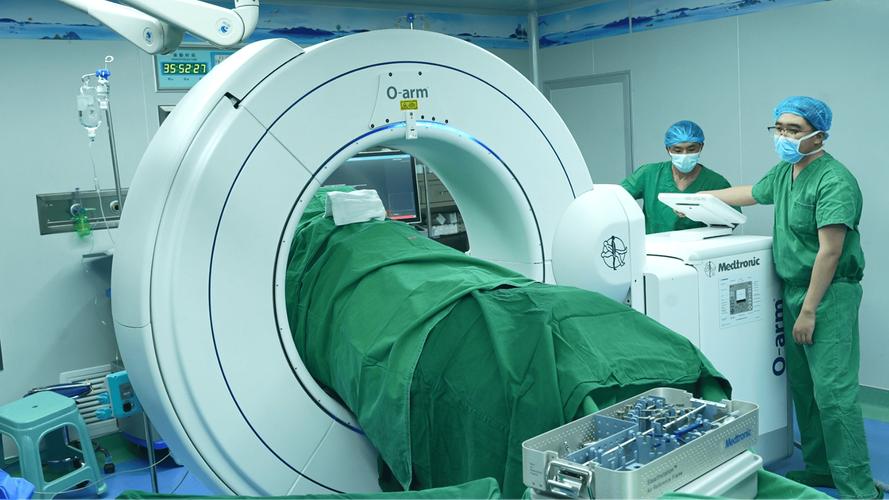OM Stands for Medical: A Comprehensive Guide
When you hear the abbreviation “OM,” it might not immediately come to mind that it stands for medical. However, this term has a significant place in the healthcare industry. In this article, we will delve into the various aspects of “OM” in the medical field, from its origins to its applications today.
Origins of OM
The term “OM” is derived from the Sanskrit word “Aum,” which is considered to be the primordial sound of the universe. It is a sacred sound in Hinduism, Buddhism, and Jainism, symbolizing the infinite and the eternal. Over time, this term has been adapted in various contexts, including the medical field.

OM in Medical Education
In medical education, “OM” is often used as an abbreviation for “Obstetrics and Gynecology.” This specialty focuses on the health of women, including pregnancy, childbirth, and diseases related to the female reproductive system. Students pursuing a career in this field often encounter the term “OM” in their coursework and clinical rotations.
OM in Medical Research
In medical research, “OM” can refer to “Observational Medicine,” which is a branch of epidemiology that involves studying the natural history of diseases and their outcomes in populations. This research helps healthcare professionals understand the progression of diseases and develop better treatment strategies.
OM in Medical Devices
In the realm of medical devices, “OM” can stand for “Optical Measurement,” which is a technique used to measure various properties of tissues and cells. This technology is crucial in the development of new medical devices and the improvement of existing ones.
OM in Medical Journals
Medical journals often use “OM” as an abbreviation for “Open Access,” which refers to the practice of making research articles freely available to the public. This approach promotes the dissemination of knowledge and encourages collaboration among researchers.

OM in Medical Coding
In medical coding, “OM” can stand for “Outpatient Medicine,” which is a category of services provided to patients who are not admitted to the hospital. This includes visits to primary care physicians, specialists, and other healthcare providers.
OM in Medical Informatics
In the field of medical informatics, “OM” can refer to “Ontology Management,” which is the process of creating and maintaining ontologies鈥攁 formal representation of knowledge that can be used to organize and reason about data. This is essential for developing intelligent systems that can assist healthcare professionals in decision-making.
OM in Medical Tourism
In the context of medical tourism, “OM” can stand for “Outpatient Management,” which refers to the coordination of medical services for patients who travel to another country for treatment. This includes arranging for transportation, accommodation, and follow-up care.
OM in Medical Ethics
In medical ethics, “OM” can stand for “Organizational Management,” which is the process of ensuring that healthcare organizations adhere to ethical standards and regulations. This is crucial for maintaining patient safety and trust in the healthcare system.
OM in Medical Billing
In medical billing, “OM” can stand for “Outpatient Management,” which involves the process of submitting claims for services provided to patients who are not admitted to the hospital. This includes coding, billing, and follow-up on claims.
OM in Medical Libraries
In medical libraries, “OM” can stand for “Online Medical,” which refers to the availability of medical resources and information online. This allows healthcare professionals to access a vast array of resources from anywhere in the world.
OM in Medical Tourism
As mentioned earlier, in the context of medical tourism, “OM” can stand for “Outpatient Management.” This is particularly relevant when patients travel to another country for specialized treatments that may not be available in their home country.
OM in Medical Education
Returning to medical education, “OM” can also stand for “Online Medical,” which refers to the use of online platforms for medical education. This includes e-learning courses, webinars, and virtual simulations that allow students to learn and practice medical skills remotely.
OM in Medical Informatics
Lastly, in the field of medical informatics, “OM” can stand for “Online Medical,” which refers to the use of online tools and platforms for managing and analyzing medical data. This includes electronic health records, telemedicine, and other digital health solutions.
In conclusion, “OM” stands for medical in various contexts within the




